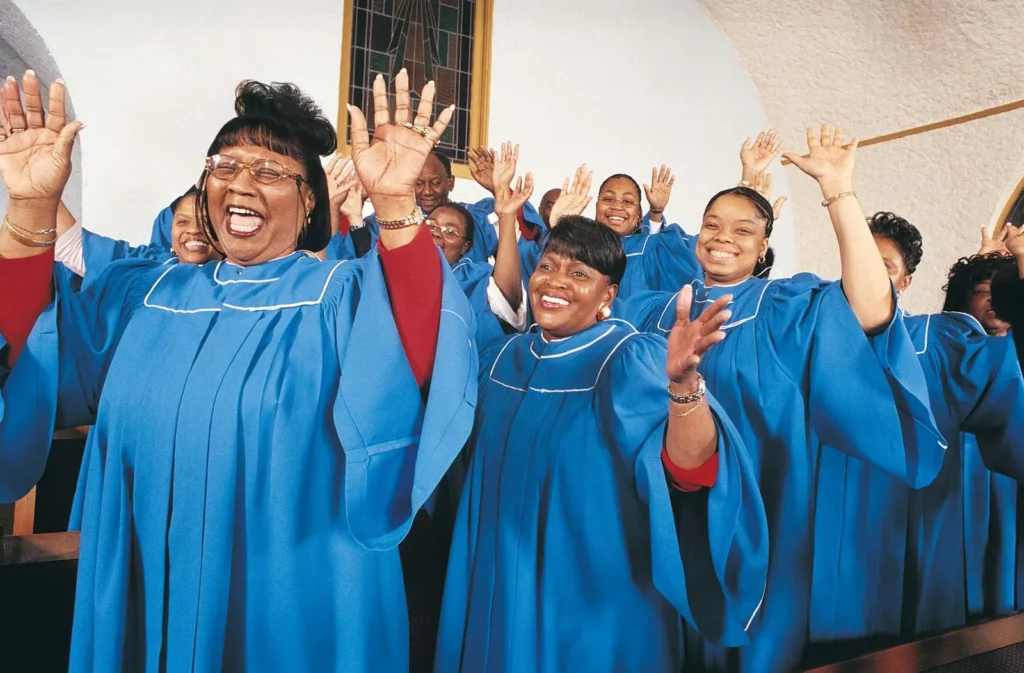The roots of gospel music can be traced back to the early 19th century, when African American slaves in the United States began to incorporate their African musical traditions into their Christian worship. This led to the development of spirituals, which were religious songs that often contained coded messages about freedom and liberation.
As African Americans gained more freedom and opportunities in the late 19th and early 20th centuries, gospel music began to evolve and take on new forms. One of the earliest gospel music pioneers was Thomas A. Dorsey, who combined the rhythms and melodies of blues music with Christian lyrics to create a new style of gospel music that became known as “black gospel.”
In the 1930s and 1940s, gospel music began to gain popularity beyond African American churches, thanks in part to the efforts of radio DJs and record producers who recognized its commercial potential. This led to the formation of gospel quartets and other groups, who performed on radio shows and at concerts and churches across the country.
In the 1950s and 1960s, gospel music continued to evolve and expand, with the rise of solo artists such as Mahalia Jackson and the incorporation of elements of R&B and rock and roll. Gospel music also played a significant role in the civil rights movement, with songs such as “We Shall Overcome” and “Ain’t Gonna Let Nobody Turn Me Around” becoming anthems of the movement.
Today, gospel music remains an important part of African American culture and continues to evolve and adapt to new musical styles and trends. Gospel music festivals and concerts draw large crowds of fans from all backgrounds, and gospel choirs and solo artists continue to share their messages of hope, faith, and inspiration with audiences around the world.


